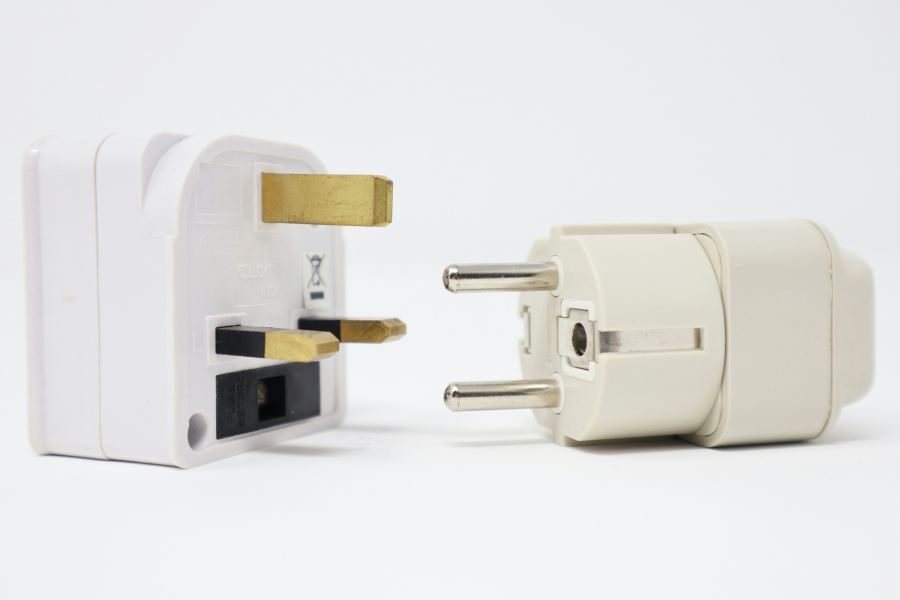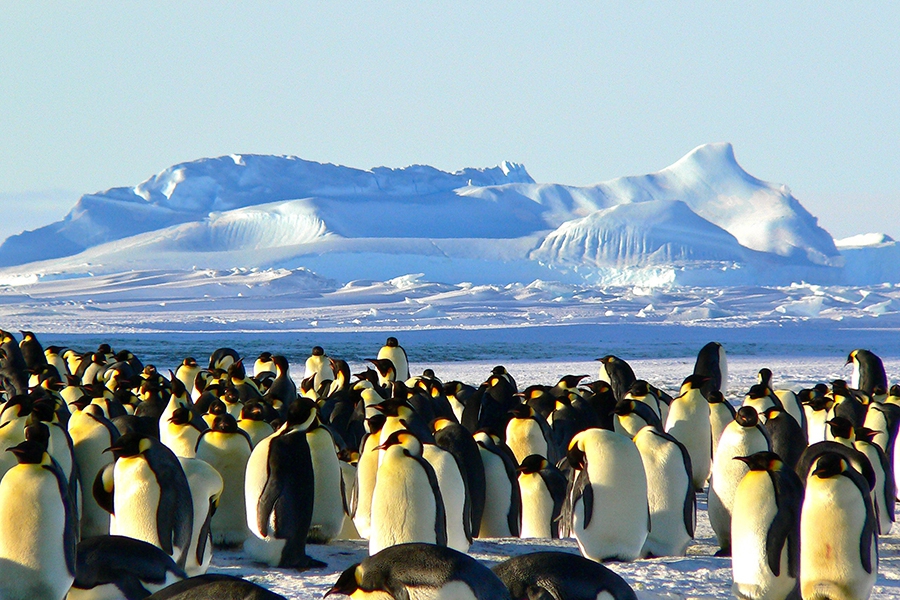
When to visit Antarctica
Choosing the best time of year to visit Antarctica is vital when planning the trip of a lifetime. The South Pole may be cold, well, all year round - but believe it or not the weather and climate do vary in Antarctica and this should be taken into consideration before planning your expedition cruise. Moreover, the variety of wildlife you will see on an Antarctic expedition is different throughout the year; penguins will be in different stages of nesting and rearing their young, birds will be present or absent depending on migration patterns, and whales may be more difficult to spot at certain times of year.
October/November
With fresh white snowscapes, oceans littered with residual sea ice and slow, luminous sunsets, Antarctica in October and November is a photographer's dream. Deep snow can make for a good workout at some landing sites, so it’s worth doing that extra bit of training before you leave home, and don't forget your trekking poles!
From October onwards, penguins return to the Antarctic Peninsula en masse and waddle up the snowy slopes to build their nests out of small stones. Whales begin to return to their feeding grounds and penguins start their courtship rituals. By November you might be lucky to spot an egg or two tucked in beneath a penguin, although the timing can vary between locations. If you keep your eyes peeled, you might catch a glimpse of a baby seal hauled out on the ice with their MUCH bigger parents!
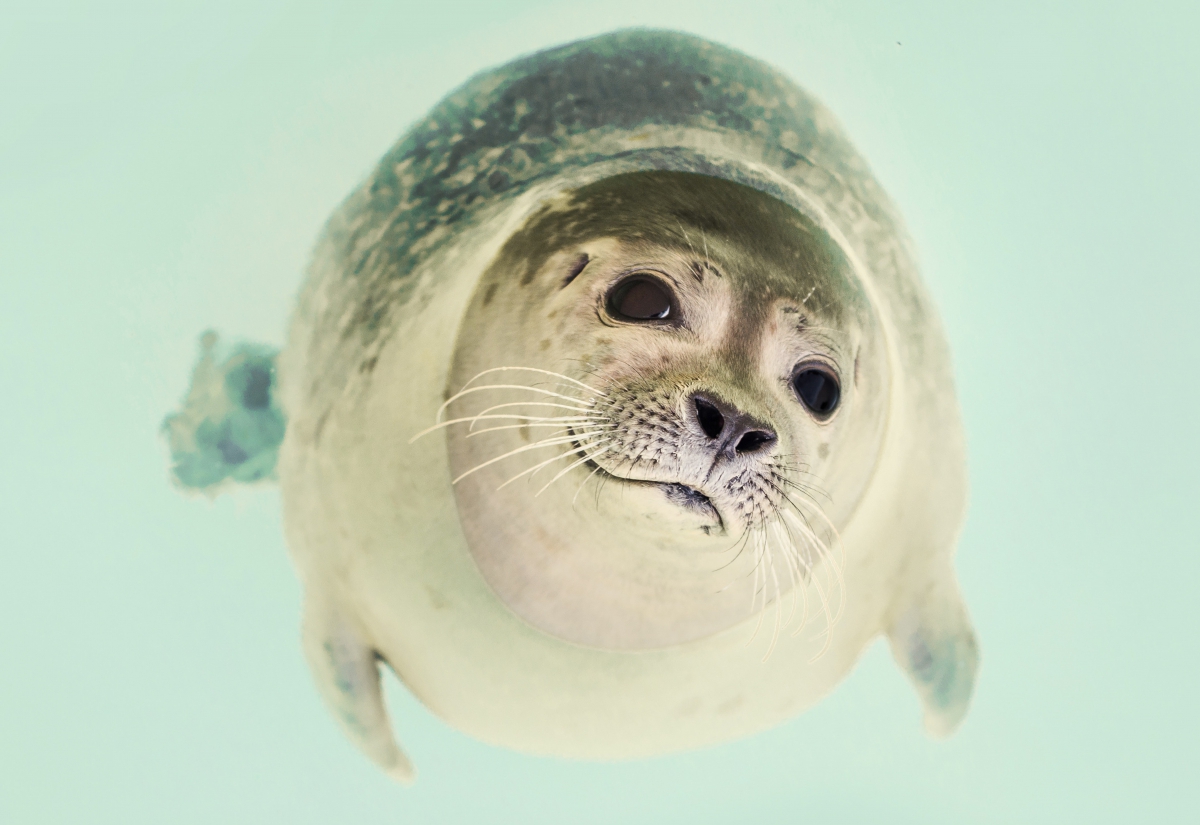
December/January
Summer arrives in earnest in December, with penguin colonies abuzz with new life. Most penguin chicks hatch during these months, so this is the perfect time to witness them in their adorable downy plumage.
The ocean is teeming with life, so keep an eye out for whales feeding, groups of crabeater seals hauled out on ice and even the occasional elephant seal and pup on land! By the end of January chicks are starting to form creches, tearing through the colony like a gang of school kids, and adults begin to moult.
As the days become longer and temperatures across the Peninsula increase, much of the new snow at sea level begins to melt, exposing rocky shores. Many visitors find trekking poles a handy addition to their gear list.
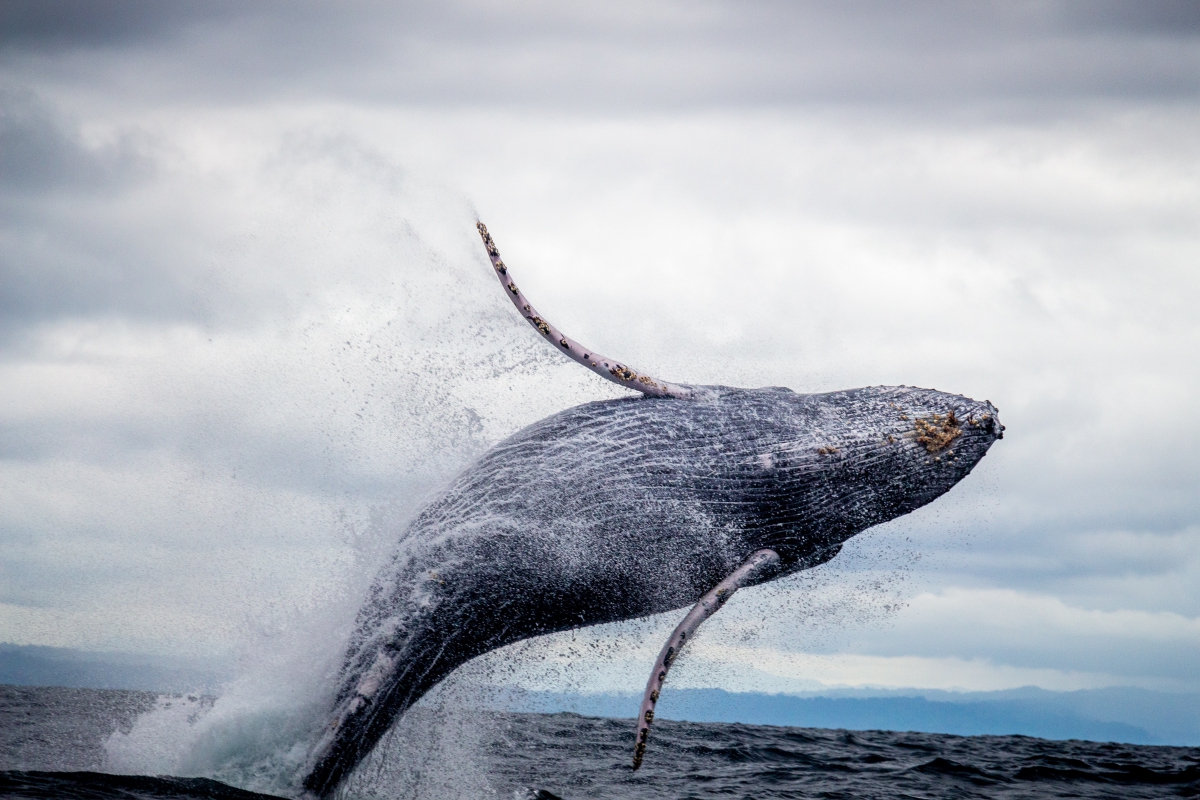
February/March
By February the breeding and feeding frenzy of mid-summer has eased. Most adult penguins finish moulting and take to the sea with their freshly waterproofed plumage, although some stay until well into March. Young penguins born earlier in the summer flourish in the crowded colonies, going through a quick adolescence and preparing for adult life at sea. Watching as they take their first tentative steps into the water and learn to swim is an absolute joy!
This is a great time of year to watch for whales feeding on the abundant krill. Also keep your eyes peeled for leopard seals, often spotted resting on the ice near penguin colonies.
The late summer landscape bursts with colour as snow algae decorates the ice with bright splashes of pink and green. It may look appetising but we don’t recommend eating it – apparently the ‘watermelon snow’ can have a laxative effect! By the end of March the days are becoming noticeably shorter, with breath-taking sunrises and sunsets a photographer’s delight. The sea ice begins to creep in, a sign of the approaching winter.
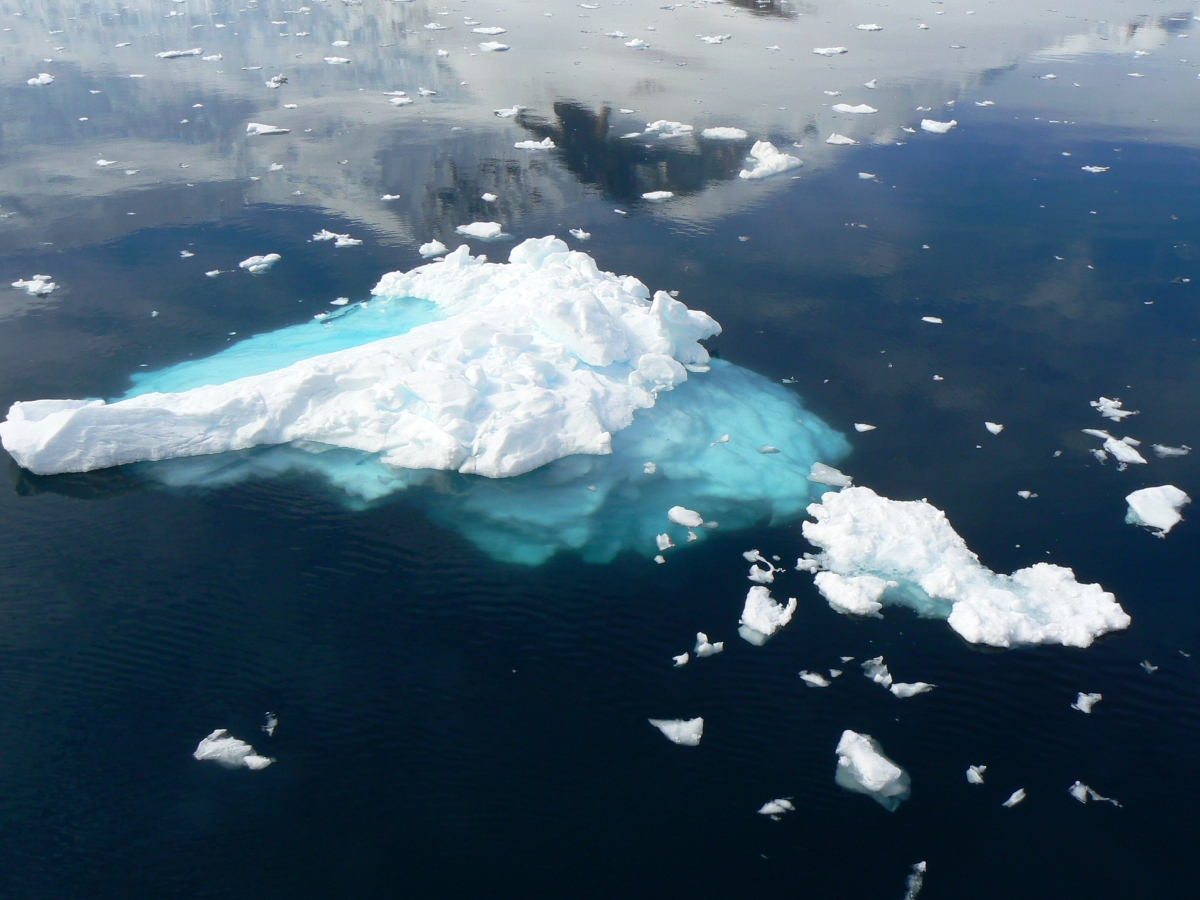
Whenever you decide to visit Antarctica, you can be sure that it will be an experience unlike any other. To start planning your adventure with Aurora Expeditions or find out how to get to Antarctica.
Thank you to Aurora Expeditions for words by Nina Gallo, Aurora Expeditions’ historian and certified PTGA polar guide.
To find out more about Aurora Expeditions and see our best deals.
Want to experience this? Give the Panache Cruises team a call on 0161 513 8200 and they'd be happy to help!


